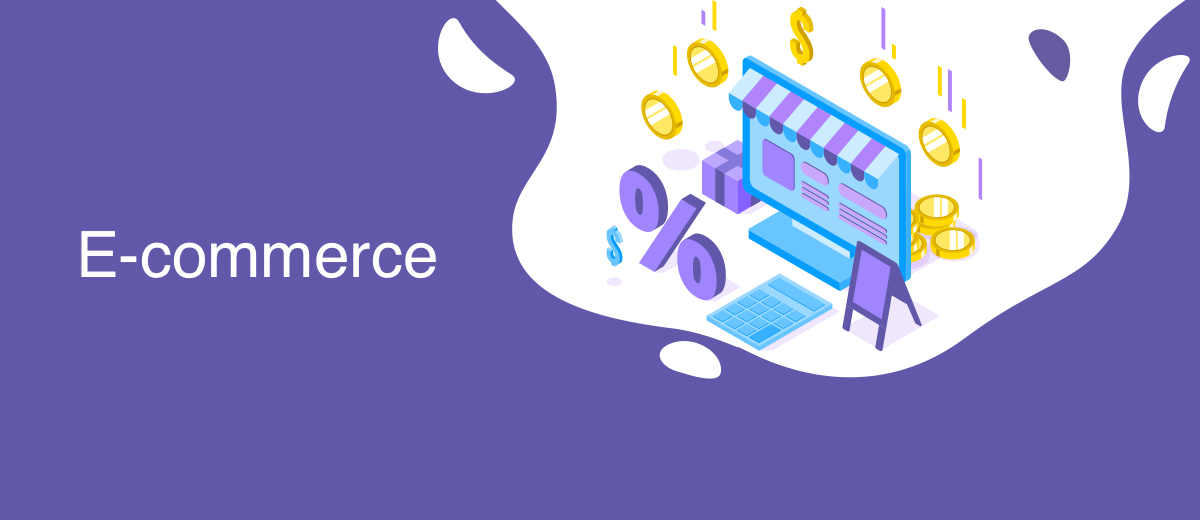E-commerce
E-commerce is an e-commerce area that includes all trading and financial transactions conducted online via the Internet.
This term refers to any commercial Internet activity: buying and selling goods and services, making online payments/transfers, etc.
Thus, e-commerce platforms include not only trading, but also electronic money, e-banking, e-marketing and e-insurance. E-commerce includes various business models: B2B (business to business), B2C (business to consumer), C2C (consumer to consumer), B2G (business to government), etc. Depending on the model, eCommerce businesses can use Bing Shopping Ads, PPC, SEO, and other ways of promotion to increase brand awareness and boost sales over time.


The e-commerce industry provides a wide range of platforms for carrying out commercial activities. Among them, we can mention online stores, private classifieds services, marketplaces (aggregators of online stores), discount sites, online auctions, service exchanges, electronic transfer services, internet banking, etc.
E-commerce provides a number of important benefits for both merchants and consumers. The former get the opportunity to conduct business around the clock with a wide geographical coverage (up to the whole world), as well as minimize costs (renting premises, hiring employees, delivering products etc.). E-commerce provides buyers with a wider and more convenient choice of goods and services with the option to quickly compare names and search for the most profitable offers.
Back Home eCommerce Encyclopedia
Set up integration without programmers – ApiX-Drive
Articles about marketing, automation and integrations on our Blog

